detail profile margarida gil

Riwayat Hidup
Born in Covilhã, Portugal in 1950, she studied German philology in Lisbon.
As a filmmaker, she can look back on a career spanning over 30 years with films including Relação Fiel e Verdadeira, which screened at Venice, and Rosa Negra, which was presented at Locarno.
She was married to the director João César Monteiro and worked closely with him as an actor, screenwriter and assistant director.
In 2005, she won the Lifetime Achievement Award at the Rome International Film Festival.
Info Pribadi
Peran Yang Di Mainkan Margarida Gil
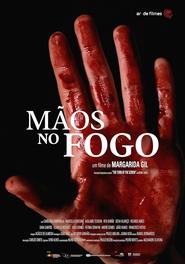 The young film student Maria do...
The young film student Maria do...Hands in the Fire 2024
The young film student Maria do Mar is working on a documentary about the old manor houses along the Douro River. It is the final project in her thesis on “Reality in Cinema”. Maria has an unlimited confidence in what is visible. Her candour and her naivety allow her to see the bright side of life – such as the beauty of the landscape and the authenticity of the place, or what’s left of it. But when Maria enters the final manor house on her list, she soon realises that something is going on in this house that is not as innocent as it first seemed. The manor is truly a house of horrors.
 No Me Cortes O Cabelo Que...
No Me Cortes O Cabelo Que...Não Me Cortes O Cabelo Que Meu Pai Me Penteou 2002
Não Me Cortes O Cabelo Que Meu Pai Me Penteou is a collage of two traditional tales present in the anthology of Traditional Portuguese Tales organized by Carlos de Oliveira and José Gomes Ferreira; The first with the same name and the second called "A Dona Maria". The starting situation is one of extreme cruelty, typical of traditional tales. A mother kills her own daughter, who is then reborn as a ghost to (not) marry the prince.
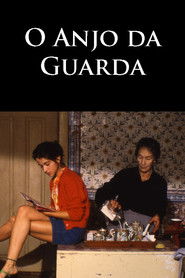 Lcia is an independent woman who...
Lcia is an independent woman who...Guardian Angel 1998
Lúcia is an independent woman who lives alone in Lisbon. Her father commits suicide leaving her a message on phone recorder, revealing a letter he wrote. However Lúcia can't find it in her father's house. On that visit she ends up meeting with her mother, a known political activist with whom she has a distant and tense relationship. In hope of finding the letter, Lúcia leaves to the farm where she grew up, on an isolated location. There she reencounters Álvaro, an old childhood companion, who shares a little life time he has left between roses and the piano, and the guardian angel that follows and protects her through nocturnal wanderings.
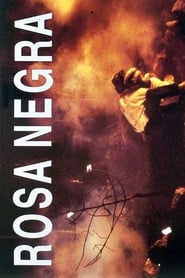 Fernanda Antnio and Quim are travelling...
Fernanda Antnio and Quim are travelling...Rosa Negra 1993
Fernanda, António and Quim are travelling by train to a provincial Portuguese industrial city. Fernanda, a teacher, agrees to replace a pregnant colleague. António is returning to the home he was forced to flee long ago, accused of setting fire to the Duarte’s factory. At the station he bumps into Mariana who is in love of him. António is not welcome and is violently attacked by a group connected to Duarte ...
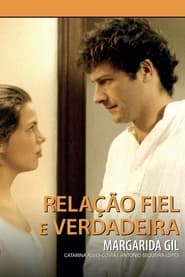 The young girl Antnia Margarida Castelo...
The young girl Antnia Margarida Castelo...A True and Faithful Account 1989
The young girl, Antónia Margarida Castelo Branco, is handed over by her mother to Brás Telles de Meneses because of the obscure interests between rural aristocratic families in the North. Brás is a ruined man, a bohemian with a reputation for violence and erratic behaviour. Antonia’s fortune is the first sacrifice made by the young wife. Fascinated by the man who humiliates and ill-treats her, she follows him in a pilgrimage to increasingly barren lands, to increasingly less hospitable houses.
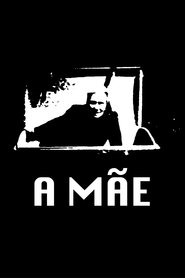 The Mother is one of Monteiros...
The Mother is one of Monteiros...The Mother 1979
The Mother is one of Monteiro’s first essays on the universe of Portuguese oral culture, folktales and obscure colloquialisms. The plot revolves around a traditional tale about theft, greed, an ubiquitous mother, and the links between the worlds of the living and the dead.
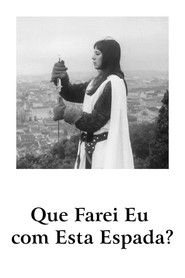 By crossediting footage of Portuguese workers...
By crossediting footage of Portuguese workers...What Shall I Do With This Sword? 1975
By cross-editing footage of Portuguese workers protesting against NATO forces and various movies, Monteiro shows how one 'sword' can confront the army.
 Maria works in a German umbrella...
Maria works in a German umbrella...Fragments of an Alms-Film 1972
Maria works in a German umbrella factory as the foreman of the production sector. João Lucas has given up on living a normal life and practically lives in bed, in the midst of green plants. His father expressly desired that his son film this eccentric daily life in 8 mm format. Maria’s wages are dilapidated to the last penny by this amateur, monstrous, family movie production.
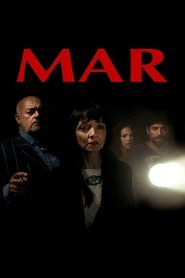 Francisca a beautiful 50yearold widow prepared...
Francisca a beautiful 50yearold widow prepared...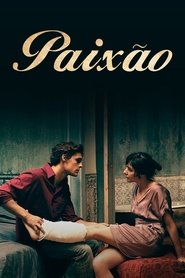 A woman recovering from a personal...
A woman recovering from a personal...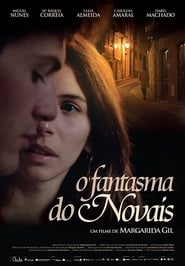
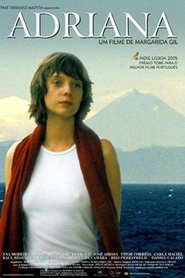 In a remote island where mourning...
In a remote island where mourning...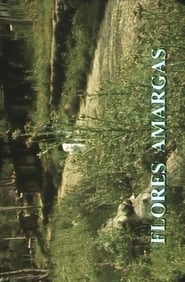 A festive day in the Timorense...
A festive day in the Timorense...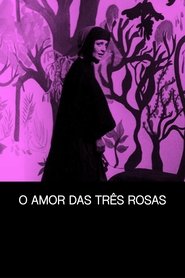 In this highly theatrical TV production...
In this highly theatrical TV production...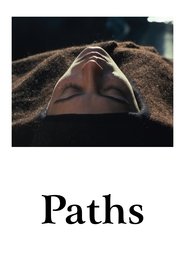 Parallel tales of young couples desperately...
Parallel tales of young couples desperately...